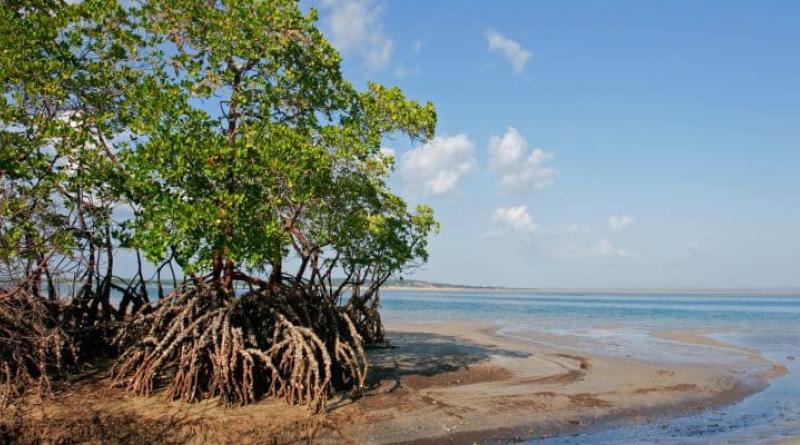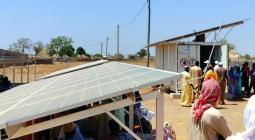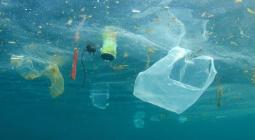SENEGAL: a reforestation camp to combat coastal erosion in Diembering

A reforestation camp was launched on 24 August 2023 in Diembering, in the south of Senegal. The initiative by the Ziguinchor regional youth council aims to combat coastal erosion. Senegal's Atlantic coast is suffering from severe erosion. Nearly 65% of the coastline is affected by this phenomenon, which has dramatic consequences for the local population.
Five days to plant almost 10,000 filaos, Niawli and other plants. This is the aim of the reforestation camp launched on 24 August 2023 in Diembering, a coastal town in the Ziguinchor region of southern Senegal.
At least 150 young people were mobilised for this reforestation camp, now in its fourth year. The Ziguinchor Regional Youth Council’s initiative is supported by the Ziguinchor Water and Forestry Department, which is supplying the seedlings used for the reforestation. The task is to create a plant barrier along the coast to protect it from erosion. “We’ve noticed that the sea has started to advance a few metres. That’s why we thought we’d respond by planting filaos, which can bind sand and slow the advance of the sea”, explains Mamadou Talibé Diallo, President of the Ziguinchor Regional Youth Council.
However, this reforestation camp is only a local solution to a phenomenon that is national in scope and beyond. According to official figures, coastal erosion affects almost 65% of Senegal’s coastline, threatening the infrastructure and livelihoods of coastal populations.
A phenomenon with dramatic consequences
According to scientists, coastal erosion in Africa is caused by both global warming and human activity. The demographic pressure that towns have to cope with as a result of the rural exodus is leading to urbanisation that is often uncontrolled. To meet the need for building materials, uncontrolled sand quarries are springing up along the coasts, significantly weakening the coastline and reducing the alluvial potential of the coasts.
Coastal degradation is a threat to the livelihoods of the populations affected. In agricultural terms, marine submersions increase the salinisation of soil and groundwater and have a negative impact on farmers’ yields. For fishermen and people living off seafood, the advancing sea is destroying mangrove areas, which play an essential role in the reproduction of several species of fish and birds.





